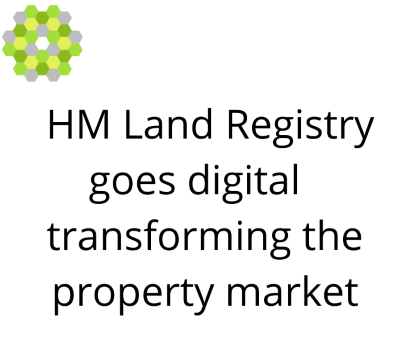The HMRC views holiday lets as a trade rather than investments. This means mortgage interest costs can be offset against any income for tax purposes. If you have used a mortgage or loan to pay for a holiday let, you can claim the interest of repayments back against your tax.
Holiday lets count as a business which means the expenses from your rental income can be deducted before you are taxed. This includes the interest you pay on your mortgage. For buy-to-let properties, on the other hand, the law has changed, and this is no longer the case.
It means letting holiday homes has become a relatively cheaper expense and is therefore more profitable if you are occupied for most of the year.
This is leading to quite a few cases where long term tenants are being evicted from their homes, so the landlord can do it up – as one requirement is that it is adequately furnished – and rent to tourists looking for a home, away from home. Plymouth has become a city of holiday lets and in fact so much so, they have an ongoing petition to slow it down.
Cornwall has 62 homes to rent on Rightmove but 10,290 Airbnb listings. In one village in Wales, three quarters of the houses are holiday homes.
Anything that reduces cost will look attractive, particularly in this climate where the three-month temporary solace of mortgage holidays offered a preview to an advantage that could be experienced permanently (for now anyhow), as a landlord, if you just made the switch.
Ruthless Impact
Tenants become vulnerable to eviction, through no fault of their own, when regular landlords aspire to become holiday let landlords.
This becomes even more real during these uncertain times of Covid. As we are being asked to holiday at home the opportunity for these holiday lets arises with the threat of eviction rising too. The eviction ban lifted from protecting tenants in May 2021. Tenants could find themselves on the street with no roof over their head.
This generation, looking to buy a home in their childhood neighbourhood stand no chance with fewer residential properties to purchase and the ceiling prices unreachable. Renting too will be impossible with higher demand and higher rent. Young people will be unlikely to afford.
Ironically, local business owners who require a workforce to keep their businesses running to cater for tourists, will struggle finding the workforce who have nowhere to live locally.
Should the loophole be closed?
Removing the holiday let mortgage relief would return the incentive to prioritise people looking for a home, not a holiday.
It would open up a more competitive rental market for those wanting to live in these sought-after holiday towns where many grew up/want to return to.
It’s tricky because the nation has become more accustomed to Air BnB or Booking.com, as opposed to the traditional hotel establishments. We increasingly opt for a more ‘authentic’ travel, where you can experience the city, the way the locals do, including living like they live. A home away from home.
Maybe the answer is to incentivise regular landlords who simply rent to those that need a home to level out the playing field.





